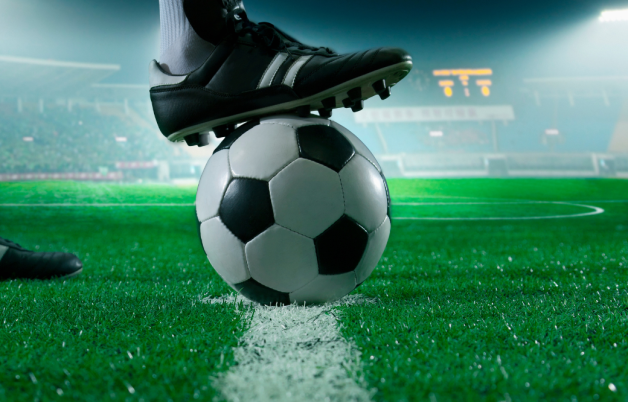After a somewhat depressing 2016, 2017 turned out to be a great year for football! Apologies!
As early as in January, to everyone’s surprise, Cristiano Ronaldo publicly apologised to all Spanish football fans. ‘This country, and its immoderate passion for football, are at the origin of my entire private fortune’, he declared in a very emotional video on his Facebook page. ‘I sincerely regret having deprived Spain of all the income tax I owe and am fully committed to reimburse the amount due.’ He was pardoned by the King just before the spring clasico in April.
In France, following the elections of the football association in March and taking into consideration the remarkable score of the list presented by the National Council of Football Supporters (CNSF), the re-elected president Noël Le Graët decided to reserve them two places in his new executive committee and commissioned a feasibility study for the implementation of supporter ownership in French professional football. All across the country the echo to this measure was tremendous and a large number of local investment funds emerged spontaneously. Following the general elections in June, public pressure was so high that the League was more or less forced to introduce new provisions for the progressive opening of the clubs’ capital.
Promoted to the 1st division only one year ago and heavily contested by competitors as a ‘club without tradition, whose only purpose is to sell Red Bull cans’, RB Leipzig nevertheless snatched its first Bundesliga title in May from the jaws of Bayern Munich. Manager Ralf Rangnick calmly explained that the club was finally to maintain its salary cap at 3 million Euros per annum. ‘We see no reasons to keep greedy players’, he said, adding ‘it is more sustainable to invest in home-grown talent and lower ticket prices for fans rather than fill the pockets of players’ agents’.
In June, at the Confederations Cup in Russia, two players of the Russian team took advantage of the tournament’s global media exposure to have their coming out during a pre-match press conference. They were immediately imitated by half a dozen of colleagues from the Western teams present. Interviewed the next day, Vladimir Putin forced himself to reassure everybody that it was of course his intention to fight homophobia in the stadia and in the cities, and that the entire 2018 World Cup was to serve as awareness campaign for more diversity and tolerance.
On 6 August, at the end of breath-taking match, the French women’s football team finally won its first international trophy at Euro2017 in the Netherlands, beating Germany on penalties (4-3). It was a double victory, not only on the pitch, but also outside. Since the start of the tournament, the players had set up a dedicated Twitter account with the objective to scrupulously ‘name and shame’ all types of sexist comments in print and online media. Several other teams followed their example. The number of ‘likes’ skyrocketed, and the journalists concerned had no choice but to swear they’d improve.
Between September and December, football fans across the entire continent followed with great interest the new European club competition jointly launched by over forty so-called ‘small’ national leagues. The popular success of the new format took observers by surprise. Meanwhile, the UEFA Champions League, which had been forced to grant 10 spots to the Premier League and the Liga, as well as 6 each for Italian and German clubs, in order to reach a field of 32 participants, recorded its poorest audiences ever. Who said football was going in the wrong direction?



